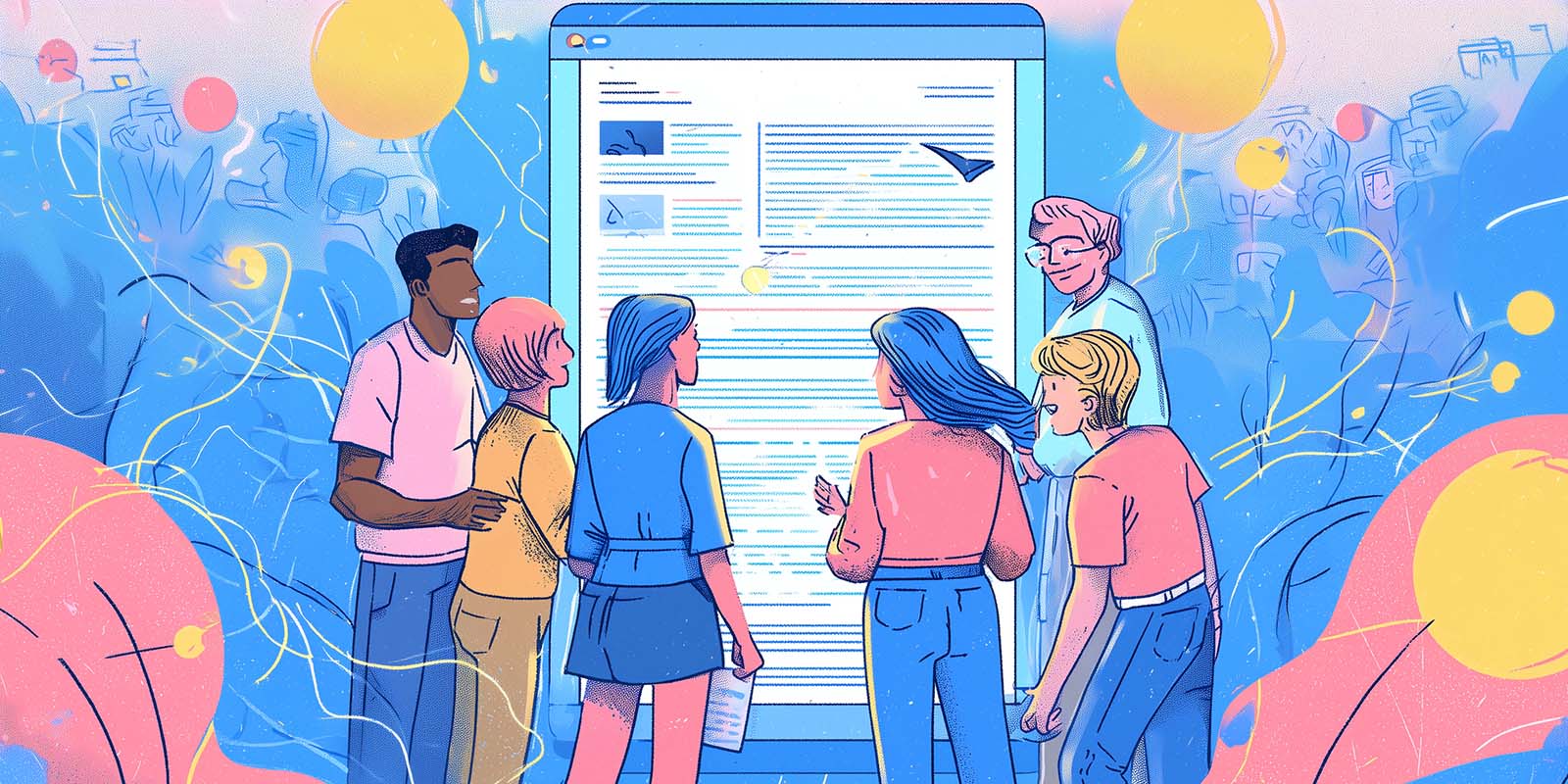
Google is gearing up for the release of Penguin 2.0, which will put link analysis in the spotlight and revive the almighty Google PageRank.Those rumors were confirmed by Google's Matt Cutts in a recent video on the Google Webmaster Help channel on YouTube. Matt made it clear that black hat SEO, particularly questionable SEO tactics related to link building, will be targeted in the next major Google algorithm change.For years, some SEO practitioners and webmasters have been paying for incoming links to their sites to trick the Google algorithm into thinking the site is more useful and authoritative than it really is. It's these types of links that Google wants to flag. Sites that pay for and publish these links without clearly disclosing them as such will be penalized with lower search rankings and search traffic.While Google PageRank was labeled as "dead" a couple of years ago, it's ready for its second life. PageRank will come back (although most web-savvy individuals knew it never really went away), and it will have a direct effect on search rankings and search traffic.Check your link building tactics and if you use an SEO professional or agency to handle link building for your site, ensure those links are legitimate. The penalties will be harsh if Google's algorithm flags them as black hat SEO, and you don't want that to happen to your site.
What Does Google Penguin 2.0 Mean for Authoritative Content Publishers?
All of this news might seem bad, but for Authoritative Content publishers who focus on publishing high quality content and building organic traffic, the news is very positive. Authoritative Content publishers will be rewarded for their efforts if the Google algorithm changes work the way they should.Of course, it will help to ensure all of the writers on your site set up their Google+ authorship, which gives the content they publish for you instant authority in the eyes of Google's algorithm.Also, if you publish any sponsored content or links on your site, make sure they're fully disclosed as paid for. This is not only important for staying on Google's good side, but it's also the law in the United States. You can follow the link to find a primer on the laws publishers need to understand about disclosing material connections (including paid posts, sponsored content, and paid links).The full video from Matt Cutts that was published on the Google Webmaster Help YouTube channel is provided below, so you can get all of the details.
Image: Neil Gould








